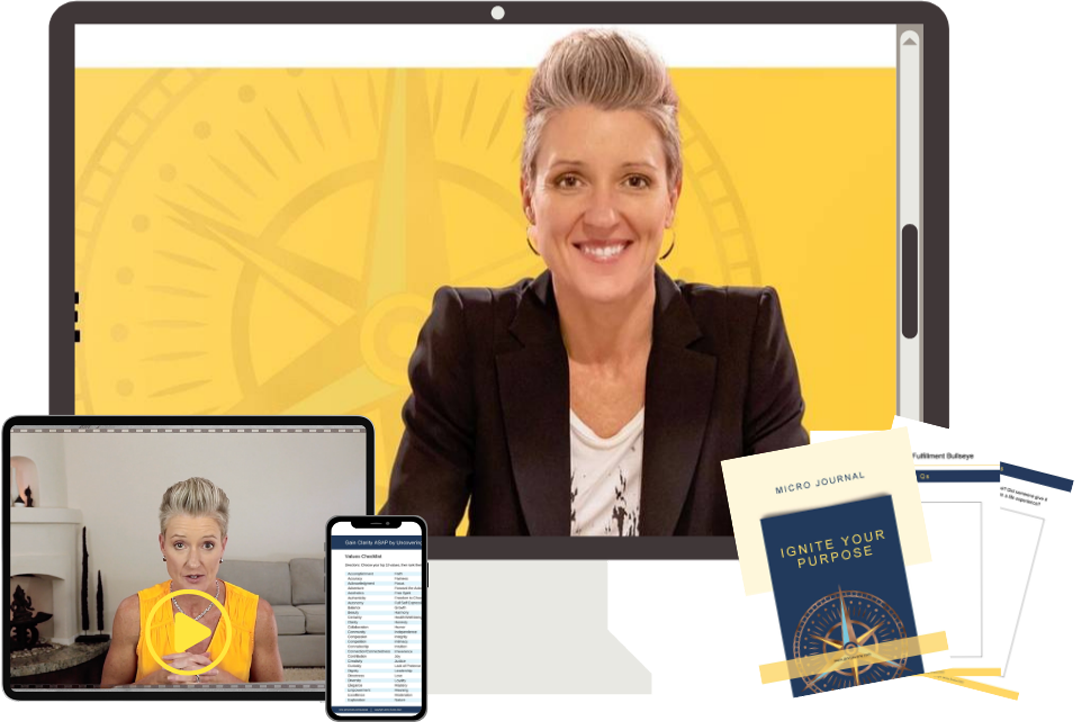Should I Sleep or Workout? I’m Too Tired to Exercise…
May 07, 2013 This is a question I’ve asked of myself many times over the span of my life and one I’ve been asked by clients over and over again. You make the commitment to workout but when the alarm goes off in the morning or it’s your scheduled time to do it, you’re feeling too tired to follow through. What do you do? Should you skip it? Are you being lazy by not doing it? Or is sleep what your body needs more than exercise?
This is a question I’ve asked of myself many times over the span of my life and one I’ve been asked by clients over and over again. You make the commitment to workout but when the alarm goes off in the morning or it’s your scheduled time to do it, you’re feeling too tired to follow through. What do you do? Should you skip it? Are you being lazy by not doing it? Or is sleep what your body needs more than exercise?
Before I answer the question it’s important to ask one more: WHY are you so tired? Are you not getting enough sleep? Is the quality of your sleep the problem? Got small children who think nothing of waking you up or getting in your bed in the middle of the night? It makes a lot of sense to fix the sleep problem so you don’t have to choose between sleep and exercise in the first place.
Here's my answer: If you’re just feeling a little bit snoozy or sleepy you should probably do the workout. In fact, you’ll feel more energized right after as well as for several hours after by getting exercise. However, if you’re feeling so tired you want to cry or die, get more sleep!
Consistently not getting enough sleep can cancel out the good you’re trying to do by exercising. There’s a strong correlation between lack of sleep and an increase in body fat as well as the consumption of high carbohydrate, low nutrient foods. (Thanks to hormones like leptin and grehlin - which control appetite and satiety – that get all out of whack). No amount of working out can negate poor food choices. Also, a high level of fatigue means your workout is probably not going to be very good.
Regular exercise improves the quality of your sleep. People who exercise consistently fall asleep faster and go into deeper levels of sleep, which are more restorative. Because of this, people who exercise regularly typically need less sleep (sort of ironic, right?).
Tips to avoid having to ask yourself sleep or exercise:
- GET ON A SCHEDULE – BOTH FOR SLEEPING AND EXERCISING. Healthy adults need about 7-8 of sleep per night (I personally function best on 9). Yes, it’s possible to “get by” on less sleep each night, but who wants to go through life “getting by”? You also just learned your hormones work against you when you’re not getting enough sleep. Go to bed the same time every night and wake up at the same time every morning - yes, even on weekends. It’s easy to get distracted at night by doing email, watching tv or surfing the web, so set an alarm as a reminder to go to bed if you need one. Schedule your exercise for when it’s most likely to happen. If you’re not a morning person, don’t exercise in the morning! Squeeze it in during the day or do it after work.
- GET UP WHEN THE ALARM GOES OFF. Sometimes you’re so tired you hit the snooze button or turn off the alarm clock without being awake enough to realize what you’ve done. If your goal is to workout in the morning, set another alarm clock across the room so you have to get out of bed. You get a few moments while walking over there to wake up and remember why your commitment is important. You could also get a workout partner who’s waiting for you (accountability!).
- GETTING FIT HAPPENS MORE IN THE BED THAN THE GYM. Exercise is what stresses your body, but during quality recovery is when the body actually grows stronger. Sleep is your #1 tool for recovery, which makes it critical for improving fitness. Make it just as important as your workout.
- PULL OUT THAT CARPET SQUARE. Naps are a fantastic tool for recovery and performance. Ten to twenty minutes is all you need, not necessarily a couple of hours. Naps not only make you feel better, they also improve cognitive function, performance and reaction time.
- SHORTEN YOUR WORKOUT AND GET A FEW MORE MINUTES OF SLEEP. It’s not the time you spend working out that really makes a difference – it’s the intensity you bring to the time you have. Shorter, more intense workouts are almost always superior to longer, lower intensity workouts. Interval training is a great way to get more work done in less time.
I'd love to hear from you - what do you typically do when you've got to choose? Anything you've found that helps?
For more tips links to previous posts on getting good sleep are here and here!
To have Jenny Evans come and speak to your organization on stress, resiliency, performance and health, contact her here.


